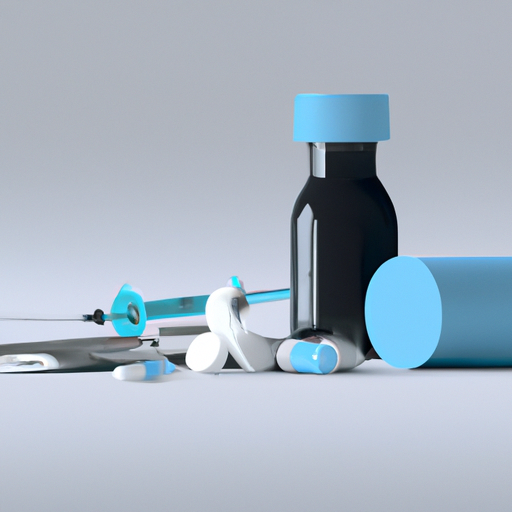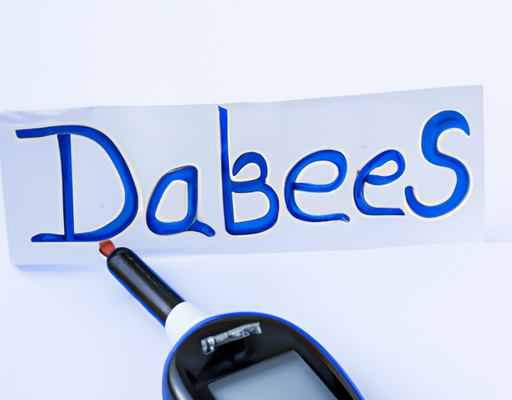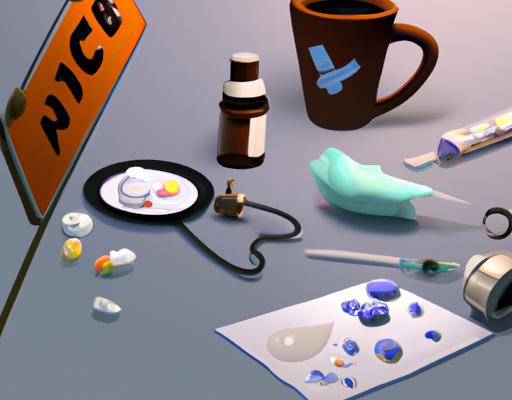Causes
Varicose veins in the scrotum is a medical condition where the veins in the scrotum become abnormally enlarged and twisted. The exact cause of varicose veins in the scrotum is unclear, but the following factors may be contributory:
- Age-related wear and tear of the veins
- Weakening of the walls and valves in the blood vessels
- Prolonged sitting or standing
- Smoking
- History of chronic venous insufficiency
- Family history of varicose veins
Additionally, varicose veins in the scrotum may be associated with other conditions like pelvic congestion syndrome, trauma, hormonal changes and abdominal surgery. Treatment usually consists of lifestyle modifications such as avoiding prolonged sitting or standing, quitting smoking, and wearing compression stockings. Other treatments such as sclerotherapy and laser surgery may also be recommended for more severe cases.
Symptoms
Varicose veins in the scrotum are a type of vein disorder that affects many men. The condition occurs when veins become enlarged, twisted and weakened, resulting in a bulging, often painful condition. The most common symptom of varicose veins in the scrotum is aching or pain in the lower groin area. Other symptoms include:
- Heaviness in the testicles
- Burning or throbbing sensation in the area
- Itching in the scrotum
- Inflammation and discoloration of the skin
- Swollen veins in the scrotum
- Swelling in the scrotal sac
It is important to seek medical help if you experience any of the above symptoms. A healthcare professional may diagnose the condition and recommend treatment options. Treatment typically involves lifestyle changes, such as avoiding tight clothing, taking regular exercise and weight control, and compression stockings. In more severe cases, surgery may be needed to repair the affected veins.
Diagnosis
Varicose veins in the scrotum are usually diagnosed with a physical exam from a doctor. The doctor may check for enlargement of the veins, as well as swelling or discomfort. To confirm the diagnosis, the doctor may order an ultrasound, which can help show the size, shape, and number of varicose veins present. The doctor may also do a color duplex ultrasound, which can help determine if the veins are functioning properly. Additionally, the doctor may check for signs of an underlying venous insufficiency that may be contributing to the varicose veins. An MRI scan may also be ordered to look for signs of swelling or enlargement, as well as any other signs of a more serious condition that may be causing the varicose veins.
Treatment
Varicose veins in the scrotum can be treated medically. One of the most common treatments is sclerotherapy, which involves injecting a solution into the affected veins, causing them to constrict and stop some of the pooling of blood. Endovenous laser therapy is another option, which uses laser energy to disrupt the veins from within; this is associated with fewer side effects than sclerotherapy. VenaSeal quick-drying glue is also an effective treatment for varicose veins, as it blocks the flow of blood in order to close the vein. Surgical removal of the affected veins can also be a solution, but this procedure carries certain risks; this is normally reserved for cases that do not respond to other treatments. Taking medication to improve circulation and relieve pain may also be recommended. Compression garments are also worth noting, as they can help reduce the size of the veins and discomfort. Though varicose veins can be troubling, it is important to note that they can be treated with various medical options.
Prevention
Medication can be used for prevention and treatment of varicose veins in the scrotum. The best way to prevent varicose veins is to maintain a healthy lifestyle and exercise regularly. Here are some steps you can take to reduce your risk of developing varicose veins:
- Eat a healthy diet rich in fiber, low in fats and sugar, and full of vegetables and fruits.
- Maintain a healthy weight.
- Exercise regularly, especially activities that involve lifting the legs, such as running, jogging, swimming and biking.
- Avoid sitting or standing in one place for long periods of time.
- Wear supportive stockings and keep your legs elevated when possible.
- Quit smoking.
- Stay hydrated and drink plenty of water.
If you already have varicose veins, your doctor may recommend medications such as anti-inflammatories or vasodilators to improve circulation, reduce swelling, and relieve pain. Surgery is also an option for more serious cases. However, it is important to speak with your doctor about the risks and benefits of any medical treatment before taking it.
Complications
Varicose veins in the scrotum, also known as varicocele, usually don’t cause any symptoms but can lead to serious medical complications if left untreated. Complications can include decreased sperm count, infertility, and impaired sexual functioning. In some cases, varicocele can also lead to testicular pain and swelling. If the varicocele is causing problems, surgery may be required to repair the veins. If the veins are left untreated, they can become enlarged and twisted, leading to further health problems. Compression stockings and lifestyle changes may also be recommended to help manage the symptoms of varicocele. In some cases, antibiotics may be used to prevent infection and reduce inflammation. In severe cases, medications such as corticosteroids may be prescribed to reduce inflammation and improve blood flow. Treatment for varicocele should be tailored to each individual’s needs and must be monitored by a doctor for best results.





No Comments